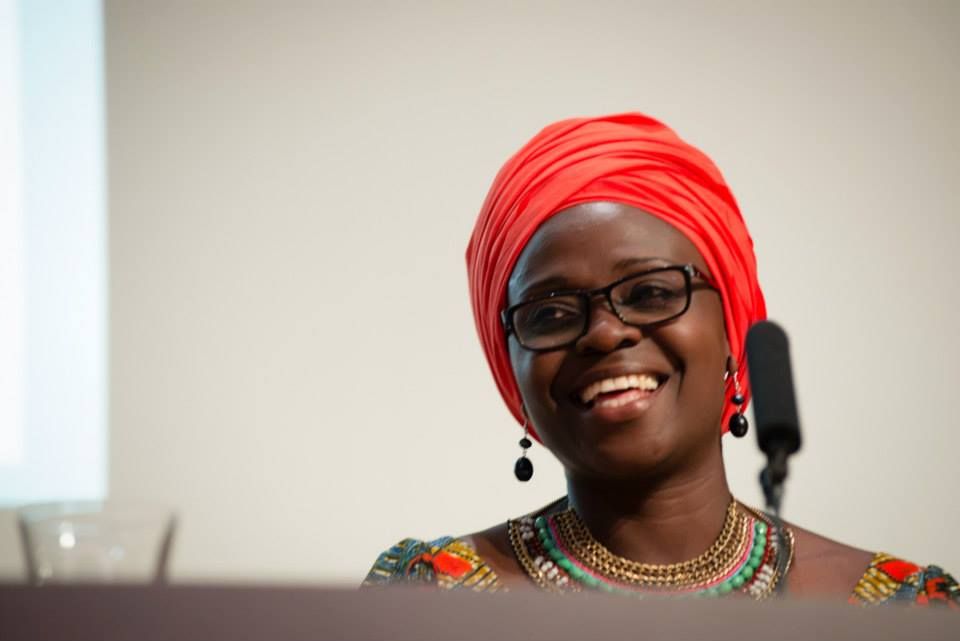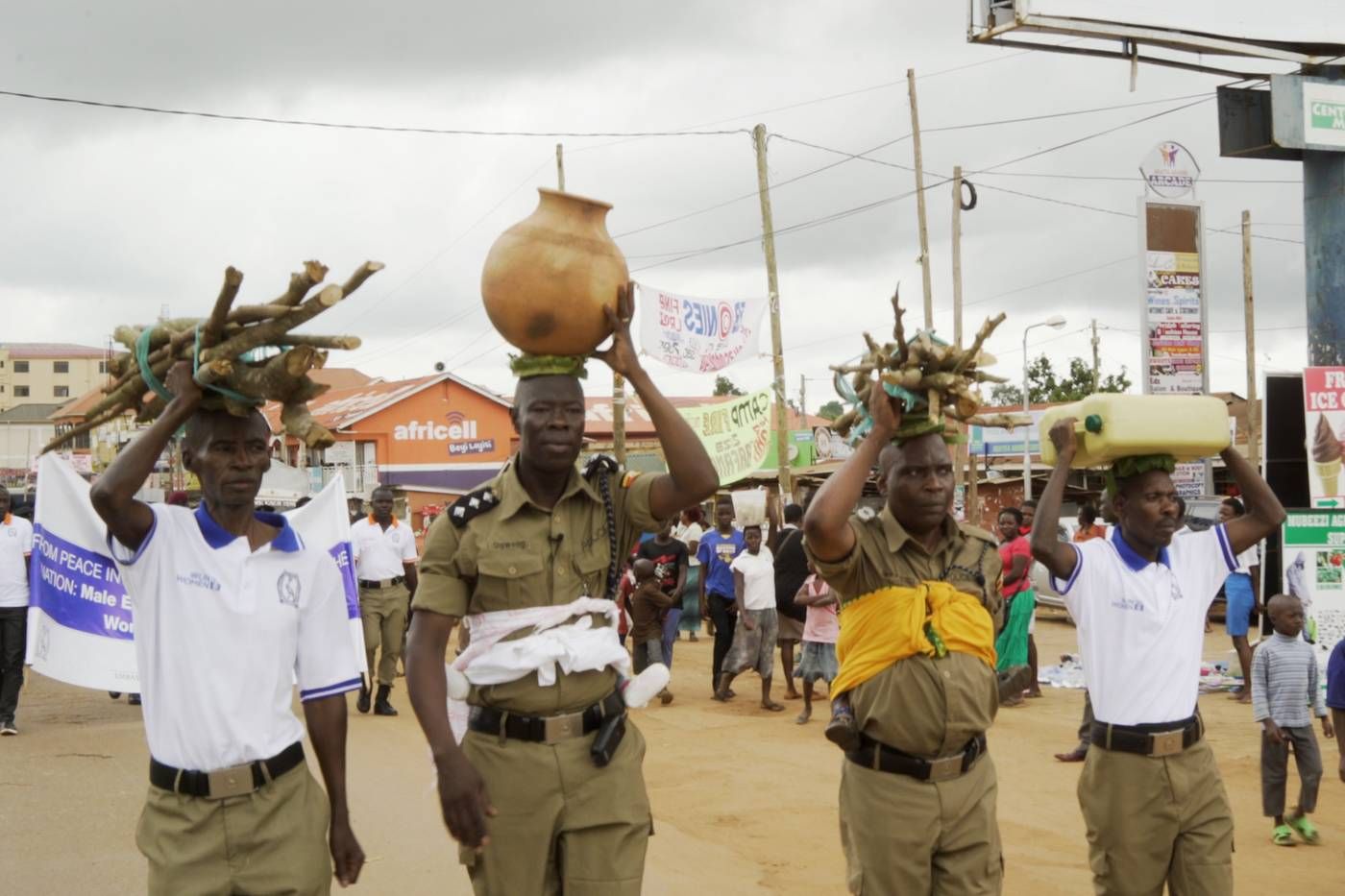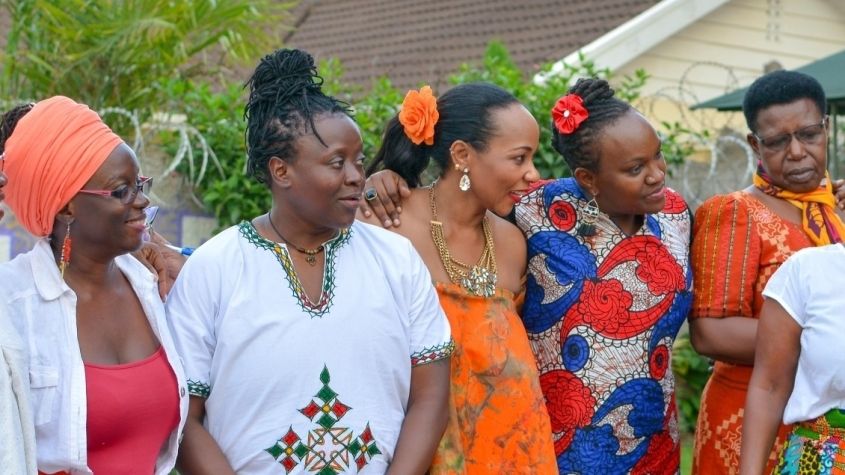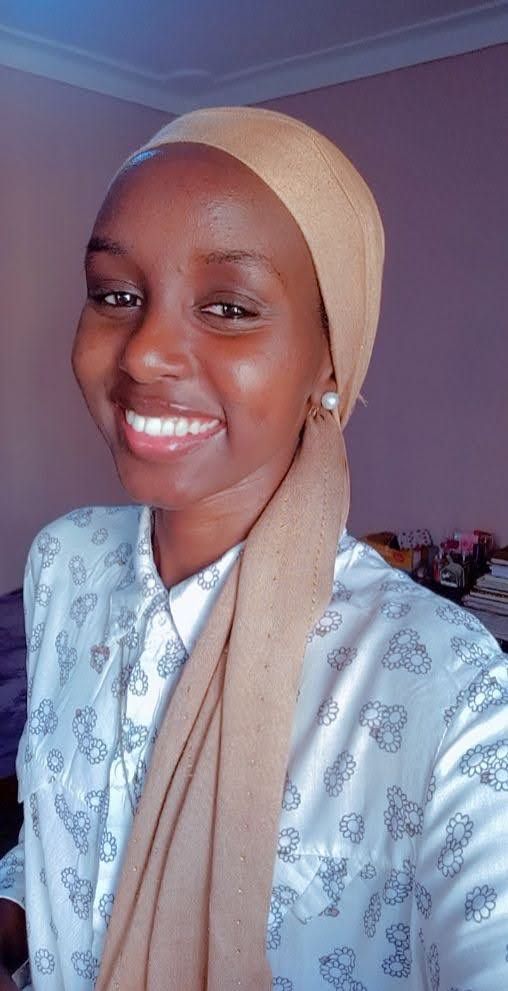Feminism is a very sensitive topic, especially for women as we are the principal advocates of the movement. It is also an unpopular topic to many, especially men, for many different reasons.
Feminism is basically the choice of women, by women, for women. Feminism is also an advocate for equal rights for the female gender in all aspects specifically socially, politically, and economically, among others. You would think that a basic fight for social justice and common decency would be strongly supported worldwide by the majority if not all people, but alas!
In fact, one of the most unpopular opinions of all time is usually anything connected to this widespread movement for women to have equal rights, justice, and liberty just like the male gender has been enjoying these privileges for as long as time immemorial. To put the record straight, feminism was not introduced in Africa by the Europeans but many societies already practiced what we now call Feminism. To them, it was just a way of life to treat women as equals.
In Ugandan writer Jennifer Nansubuga Makumbi`s novel, A Girl is a Body of Water, she makes an attempt to unfold the Nego-feminism in the yester years. Nego-feminism is the feminism of negotiation, also stands for 'no ego' feminism, and is structured by cultural imperative. This term was proposed by African feminist writer Obioma Nnaemeka.
In the book, Makumbi speaks about the hypocritical nature of society where women cannot even win, if the system is prepared to deny or accentuate them. The patriarchal framework appears to be constantly working against the women's entity. She explains how women in the early days used folktales to pass on stories and information to the younger generation. They had to be tactful so as to not be caught and stigmatized for being revolutionary, something that was seen as rebellious.

Jennifer Nansubuga Makumbi at Africa Writes. Source: Yves Salmon
How Patriarchy is Derailing Women’s Empowerment Efforts
For a bigger part of my life, I have been hearing different opinions on feminism from my fellow countrymen and other colleagues from different parts of the African continent. The ones that do not support it usually justify their dislike for it with claims that feminism was introduced or "brought" to Africa the western world agents commonly referred to as Bazungu.
They try to justify their displeasure with feminism by trying to prove that they are pro Pan-Africanism by showing how connected they are to their forefathers’ "roots" which in most cases is connected to patriarchy and disrespect of women's rights. It is not funny that some people are still stuck in primitive opinions and do not appreciate the importance of gender equality.
To make matters worse, the patriarchal society still fronts statements like "women belong in the kitchen" and "this is a man's world" which are infuriating and a hurdle in the advancement of equity. Many societies across the world have for years practiced these oppressive beliefs as a way of "keeping women in check".
It's important to mention that some groups deploy these statements as a way of justifying their involvement in domestic violence, sexual harassment towards women, and general sexism- all highly problematic to the female gender. However, this does not cancel out the fact that there existed matriarchal societies in Africa at the time too.
The most glaring examples of discriminatory cultural practices that are still persistent in some pockets of the country include female genital mutilation (FGM) and the worrying cases of child marriages, wherein girls and young women are subjected to physical and emotional abuses committed by adult men and women in their communities. On some occasions, the perpetrators are family relatives.

Assistant Superintendent of Police Francis Ogweng, together with colleagues demonstrate a man walking in women’s shoes. Source: Thomson Reuters Foundation/Thomas Lewton
Small Strides and a Bigger Vision
In Uganda today, women and men that show support for the feminist movement are still treated as deranged beings simply following a bad intentioned western culture. It is worth noting that there have been some notable achievements in the quest for gender equality and women’s empowerment. Over the years, the women’s movement has gained a lot of traction on both an individual and collective level.
It’s undeniable to notice the achievements of feminism in Uganda. A good number of women who have gone through capacity building platforms have managed to shatter glass ceilings and take up leadership positions in the social, political, and economic sectors. Women have not only taken up leadership roles but are actively participating in decision making.
With the messages tickling down to the grassroot and the countryside, some women are now able to inherit and own land and property. Girls and women have been given the opportunity to thrive to their fullest potential through acquiring education hence empowering themselves.
There has been a reduction in Gender Based Violence cases and several women’s rights organizations have taken the initiative to train and equip women with skills and knowledge on their rights, financial literacy, and the ability to constructively engage their husbands and families to peacefully resolve conflicts and misunderstandings. Women’s rights activists like Rhoda Kalema, Joyce Mpanga, Hon. Winnie Byanyima, Hon. Miriam Matembe, Hon. Rebecca Kadaga, Sylvia Tamale, and Jackie Asiimwe Mwesige among others have also played a very important role in paving the way and building platforms for women’s rights to be prioritized.

Some of the prominent feminists in Uganda who have been at the forefront of building sisterhood in Uganda. Source: Akina Mama Wa Afrika
Aluta Continua
The Ugandan law is non-discriminatory and supports the empowerment and equal treatment of women and girls in all contexts. However, it does not cancel out the fact that one of the biggest inhibitions to women’s development and growth are the barbaric traditional and cultural norms.
Women form more than 50% of Uganda’s population which means that a significant part of the population will be impacted by measures put in place for the active development of women. Unfortunately, a significant percentage of the women’s population is still heavily affected by harmful patriarchal norms.
Economic discrimination against women and girls persists. It is disappointing that the current national debates about law reform to regulate marriage and divorce reveal deep resistance to any change in discriminatory practices at the household and family level.
The proposed Bill seeks to conform with the Constitution and specifically deals with the age of marriage, consent to marriage as required by Article 31(3) of the Constitution, forms of marriage, solemnization of marriage, prohibited degrees of relationship for marriage, conditions for polygamy, and marriage gifts among other elements. It has however previously received a cold shoulder from legislators on both and there is also a strong rejection from religious leaders across the divide.
Uganda has made significant progress over recent decades in reducing poverty, expanding education, and improving gender equality. However, analysis of national and regional-level survey data reveals that a significant proportion of women and girls are still living in poverty, deprived of full educational attainment, and facing domestic violence.
